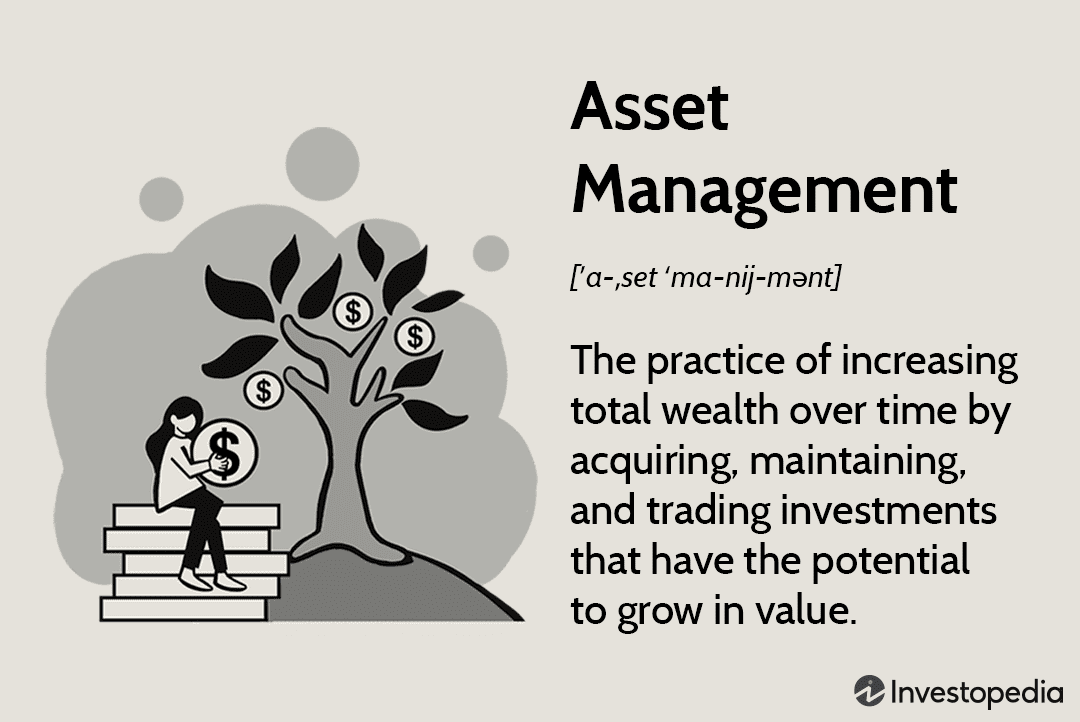“Active Management” is investment management that is continually turning over rocks to find investments that other investment managers are unwilling to invest in or simply just don’t see.
They are willing to do a lot of digging to find undiscovered or misunderstood investment gems.
They generally invest in a concentrated list of approximately 20 to 35 investments giving them enough diversification to be truly diversified and reduce risk but not too much to be “de-worsified” (risk is the same but you get lower returns)
If they find another business to invest in, they compare it to all the others they hold. If they buy shares in this new found business, they sell the least attractive. I call this Disciplined Scrutiny & Discernment.
They meet with the management of the businesses they own because they see themselves as “buyers of businesses rather than renters of stock”. When they find an excellent business and can buy shares of it at a good price, they buy it with conviction. They can do that because they have gained a very deep understanding of the business and are convinced that it will do very well over the long term.
If they have cash in their portfolio and can’t find an excellent business to buy at a reasonable price, they keep looking until they find one or the price of one of their existing holdings get’s temporarily, bargain priced again.
During that “long term” though, they don’t just hold the shares of that business forever. They take advantage of the sometimes, significant price changes in what people are willing to pay for the shares of the business. They know that many others will finally realize what a good business it is, how much money it is making and will invest also. This will push the share price of the business higher and higher, most often much beyond what the business is truly worth. This is when active management, will sell part or all of their shares in the business knowing that an event will materialize, soon bringing the price back down to more realistic levels. At this time they become buyers again. They can do this because human nature gives us many more reactive investors than disciplined ones. Discipline takes continual effort to stay disciplined. The reactors, never really understood the business they are buying or really know what it is truly worth (they just think it is worth what the market will pay which is dangerously wrong) so when the economic environment seems uncertain, another investment story is widely told or the company runs into a short term but fixable problem, the shares of this excellent business are sold indiscriminately and the active manager takes advantage of the emotional reactions by the “reactors”.
The majority of the investment management available to investors today are not truly active and this percentage of active investment managers vs “index huggers” (measured by “Active Share”) has steadily widened. The vast majority of what many people think are active managers, are simply “index huggers”. These are investment managers that simply sit at their desk, look at their computer screens, read the research that is widely available and buy what everyone else is buying which is most of the companies in a particular stock index (ie TSX, DOW, S&P500 etc). They do this for fear of losing their jobs with the firms they are with. If they know they will perform like everyone else how could they get fired?
An active manager is willing to have the investment portfolio they manage on behalf of investors like you and me, look very different than everyone else. They are doing the digging and through that very thorough process, are finding businesses that are under appreciated. Through their deep, proprietary research and and active management, the end result can only be to produce returns that are better with less risk, than a faux active manager or index investment can produce. That case is actually more evident today than ever before which is why I selectively choose highly talented (as voiced by their peers and mentors and clearly evident in their results) active investment management for my client’s portfolios and for mine.






